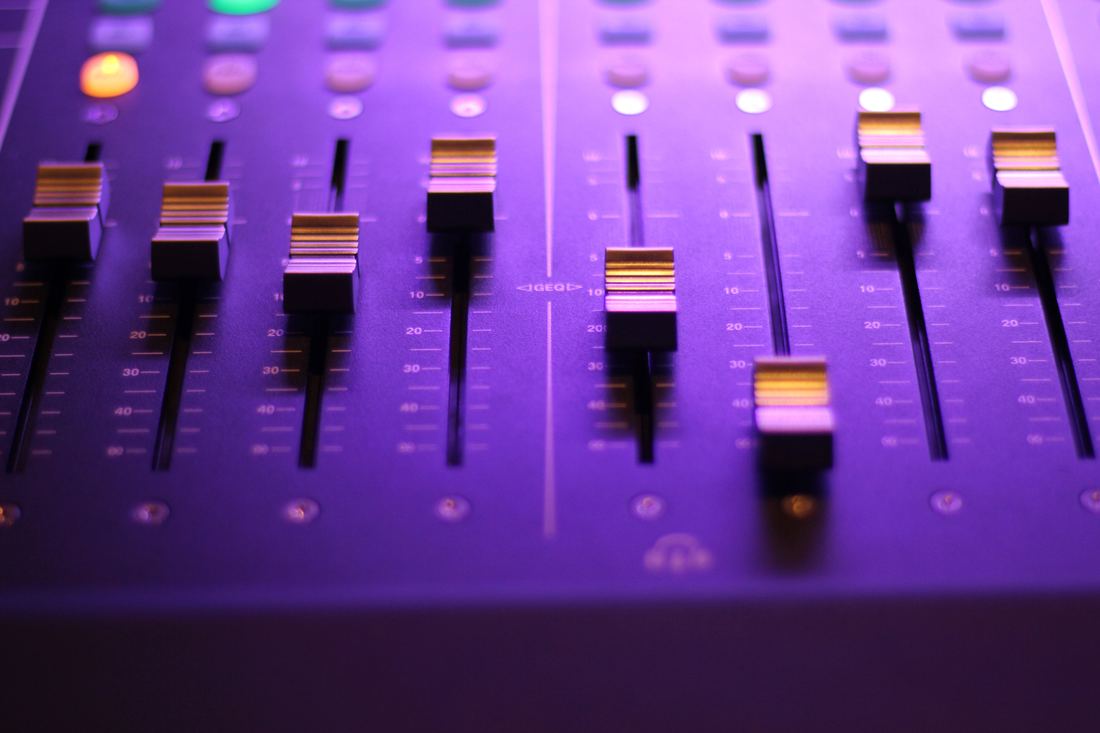|
It's been 7 years since Jay-Z, with a little help from Kanye West, released the song 'D.O.A', standing for 'Death of Auto-Tune'. Two rappers, standing up for what they believe in. Nothing wrong with that, right? Well, I suppose the fact that Kanye had brought out an album the previous year comprising 11 songs, 11 of which contained solely Auto-Tuned vocals, was obviously beside the point. He must have just suddenly changed his mind. And then changed it back again the following year, as he released a fairly Auto-Tune heavy My Beautiful Dark Twisted Fantasy. But anyway, leaving Mr West's apparent hypocrisy aside for the minute, I felt it was time we readdressed the Auto-Tune dilemma. Since the technology's inception in 1997 by an American oil engineer, it has stirred up controversy and divided the music industry. Good singers on one side, bad singers on the other side, supposedly. Auto-Tune gets a bad name because of its ability to make off-key become on-key, to basically mask poor vocals. Although, I'm not sure how relevant this point is, because Kanye West regularly uses Auto-Tune whilst still somehow managing to stay off-key.
Critics claim this technology completely destroys the integrity and the artistry of music. And I would be minded to agree with this. If Auto-Tune is simply being used to correct poor singing, then surely the vocalist isn't really good enough to be singing on the track in the first place. But as you can guess from the title of this piece, I am actually a supporter of the use of Auto-Tune, when it's used right. Earlier joshing aside, Kanye West's use of the facility has undoubtedly produced some of the most innovative sounds and songs of this generation. The restless, cacophonic, surging beauty of Lost in the World; the eerily restrained agony of Love Lockdown; the anxious shriek of Blood on the Leaves; and the peaceful warmth of Only One. Without Auto-Tune, Kanye's creative landscape would have been reduced drastically, and the aforementioned treasures would have remained undiscovered. Hip Hop's latest pioneer, Travis Scott, serves as an even greater example. The special effects he heaps onto his voice would cause many a purist to have kittens, but the outcomes are absolutely awesome. On Champions, his cavernous vocals bellow out like a symphonic earthquake, and his immensely successful sophomore album had an emotional depth and intensity most rappers could only dream of. While I disapprove of Auto-Tune being used as a purely corrective facility, when it is used artistically it becomes another magical string to a musician's bow. It has given Hip-Hop a fourth dimension. It has allowed the likes of Drake and Kanye to pioneer a softer, more reflective style of rap, unwinding the aggro that has always seemingly been woven into its core. So looking at the charts now, with the likes of Kanye, Drake, Travis Scott, Tory Lanez, Young Thug, Playboi Carti, Future and the Migos all spearheading the Hip Hop charge, is Auto-Tune really dead? Hardly. If you ask me, it's just coming alive. Yours sincerely, but not too seriously, Max.i'm
0 Comments
|
AuthorHello! I'm currently studying Philosophy & Theology at Oxford University, UK. Having always loved writing and music in equal measure, and having always hated decision-making, I figured hey, why do I need to choose between the two? ArchivesCategories
All
|

 RSS Feed
RSS Feed